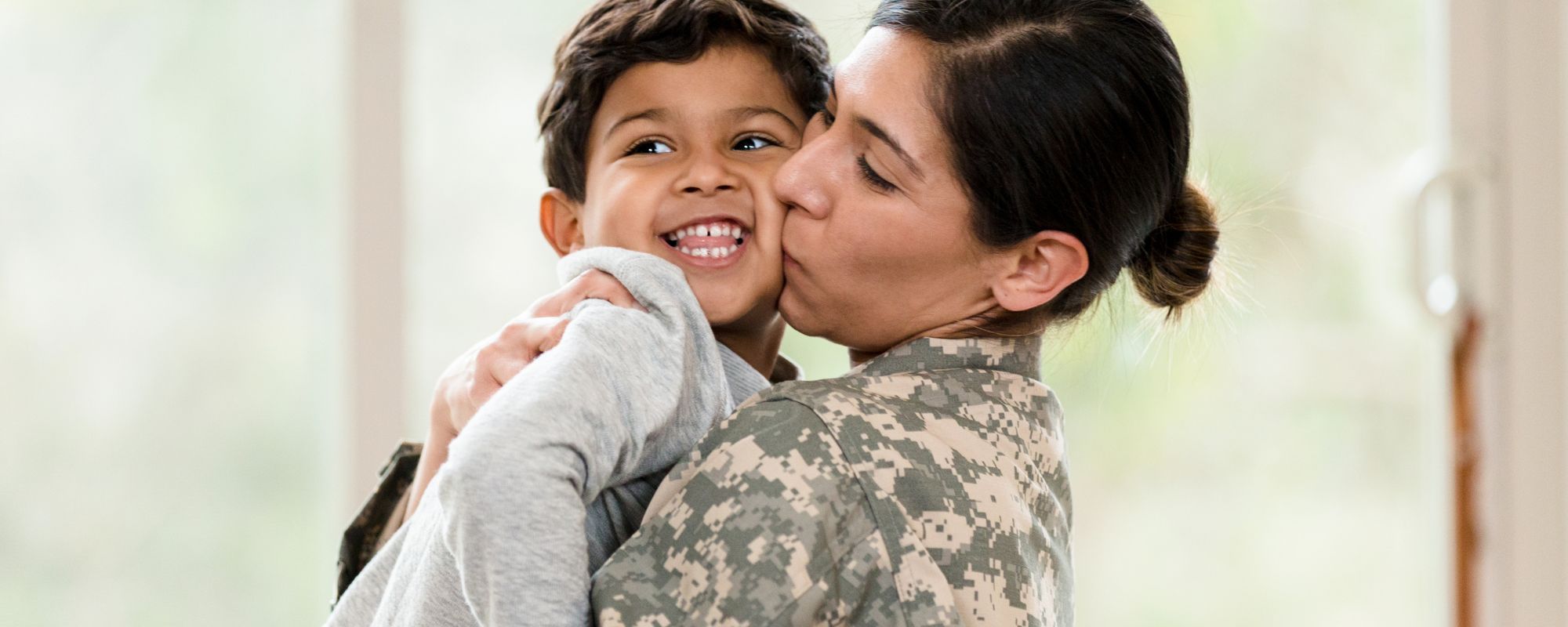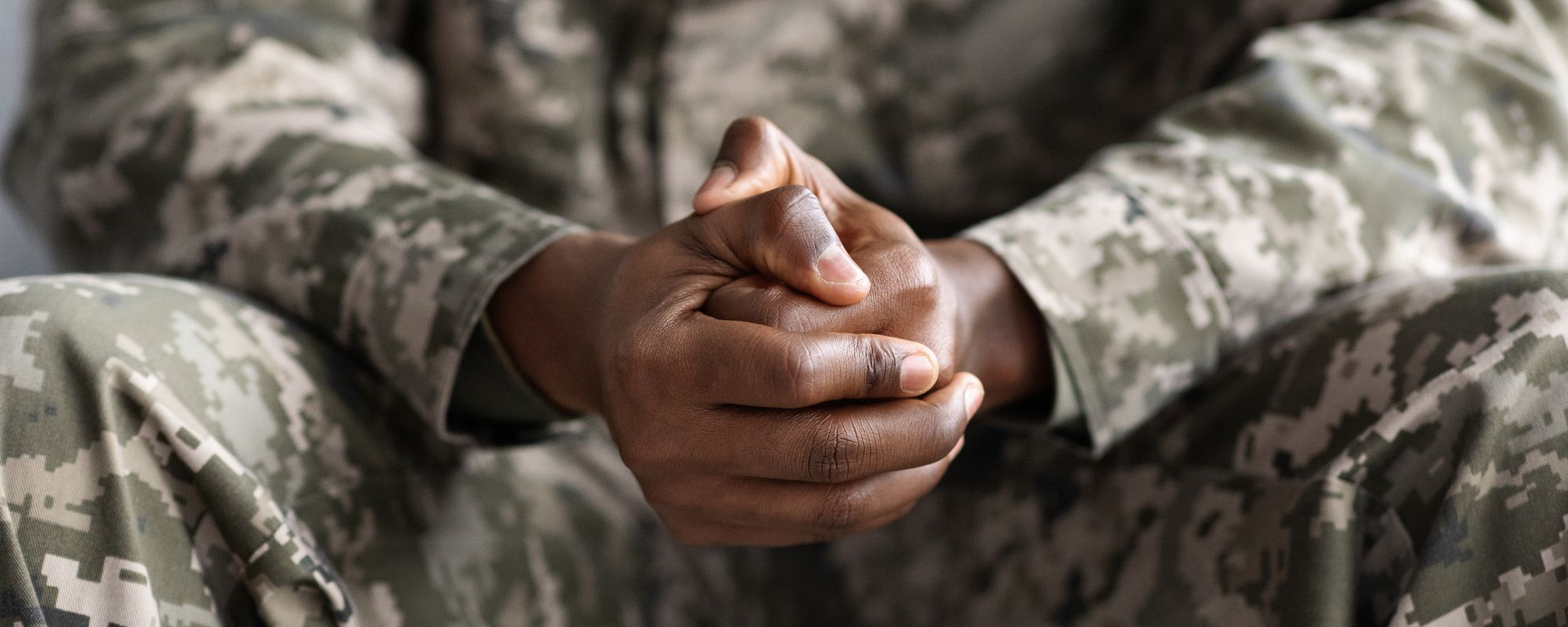Key Takeaways
-
A panic attack is an intense surge of fear and anxiety that triggers the body’s “fight-or-flight” response (e.g., rapid heartbeat, shortness of breath, dizziness).
-
Although it may feel like you’re about to faint during a panic attack, actual loss of consciousness is very rare, because fainting typically happens when blood pressure drops, whereas a panic attack boosts heart rate and blood pressure.
-
The sensation of fainting is often caused by factors like hyperventilation (which alters carbon dioxide levels), dehydration, low blood sugar or standing still too long — these may overlap with panic-attack symptoms.
-
If you feel like you’re going to pass out during a panic attack, it helps to sit or lie down, slow your breathing (for example using box-breathing), ground yourself (e.g., using the 5-4-3-2-1 method), stay hydrated and nourished — and seek medical help if you lose consciousness, have chest pain or highly abnormal heart activity.
If you find yourself out of breath and on the verge of passing out, there’s a good chance you are suffering from a panic attack. Panic attacks are a symptom of clinical anxiety, which is a complex condition that requires professional treatment. Many first responders and veterans, due to trauma experienced in the line of duty, suffer from this condition. This article is for all those who serve others and now require some help of their own.
Understanding Panic Attacks
A panic attack is a sudden episode of intense fear that can trigger overwhelming physical and emotional symptoms. During an attack, your body goes into “fight-or-flight” mode, releasing adrenaline and raising your heart rate. Common symptoms include shortness of breath, dizziness, trembling, chest pain, and a feeling of losing control.
For first responders and veterans, panic attacks are especially common due to repeated exposure to high-stress and traumatic situations. Over time, the nervous system can become more sensitive, making the body more prone to intense anxiety responses.
First Responders and Anxiety Disorder
First responders – military, police, and EMS – are at heightened risk of clinical anxiety due to their jobs. According to one study on anxiety disorder prevalence in first responders (in this case, military and police), 16% suffered from the condition in the aftermath of a terrorist attack. It called for tailoring mental health services to those first responders.
Can You Actually Pass Out From Anxiety?
Passing out from a panic attack is possible but relatively rare. Most people only feel like they’re about to faint, without ever losing consciousness.
The reason is that anxiety raises blood pressure and heart rate. During a panic attack, your body goes into fight-or-flight mode, pumping adrenaline and speeding up your pulse. This makes fainting less likely because fainting usually happens when blood pressure drops suddenly.
Fainting (syncope) works differently. Passing out occurs when your brain doesn’t get enough blood flow, usually from low blood pressure, dehydration, overheating, or standing too long without moving.
Anxiety mimics the sensations of fainting. Rapid breathing, dizziness, chest tightness, and tunnel vision during a panic attack can feel like you’re about to pass out, even though your body is still getting enough oxygen and blood flow.
That said, fainting during a panic attack can happen in rare cases, particularly if you:
- Hyperventilate severely (causing a drop in carbon dioxide levels)
- Have low blood sugar or are dehydrated
- Already struggle with low blood pressure or certain medical conditions
For first responders and veterans, the intensity of panic symptoms may feel especially overwhelming because of repeated trauma exposure and heightened stress responses. Still, true fainting remains the exception, not the rule.
Get confidential help from our addiction and mental health treatment facilities located across the United States. Call to join one of our quality programs today!
Speak With Our Admissions Team
Why Panic Attacks Can Make You Feel Like You’re Going to Faint
One of the most distressing sensations during a panic attack is the feeling that you’re about to faint. Even if you rarely lose consciousness, the combination of physical and psychological symptoms can make it feel inevitable.
Here are the main reasons panic attacks create this sensation:
- Hyperventilation changes your blood chemistry. Rapid, shallow breathing lowers carbon dioxide levels in the blood. This shift disrupts the balance of oxygen in your brain and body, leading to dizziness, tingling, and lightheadedness.
- Adrenaline floods your system. A panic attack activates the body’s fight-or-flight response, increasing heart rate and constricting blood vessels. These changes can leave you feeling shaky, weak, or unsteady.
- Heightened awareness amplifies sensations. During a panic attack, the brain goes on high alert. Normal bodily sensations—like a head rush when you stand up—feel magnified and threatening, tricking you into believing fainting is imminent.
- Stress and exhaustion take a toll. For first responders and veterans, repeated exposure to high-stress events or trauma can make the nervous system more sensitive. This can intensify the dizziness and weakness often linked to panic attacks.
While these reactions make fainting feel very real, most people do not actually pass out. Instead, the symptoms gradually ease once breathing slows and the body exits fight-or-flight mode.
What To Do If You Feel Like You’re Going to Pass Out
If you feel like you are going to pass out from a panic attack, the best thing you can do is focus on safety and calming your body’s stress response. Even if you don’t actually lose consciousness, these steps can help reduce symptoms and restore a sense of control:
- Sit or lie down immediately. This prevents injury in case you do faint and helps your body stabilize.
- Slow your breathing. Try “box breathing”: inhale through your nose for 4 seconds, hold for 4 seconds, exhale through your mouth for 4 seconds, hold again for 4. This restores oxygen and carbon dioxide balance.
- Use grounding techniques. Focus on your surroundings to pull attention away from fear. For example, name five things you can see, four you can touch, three you can hear, two you can smell, and one you can taste.
- Stay hydrated and nourished. Low blood sugar or dehydration can make lightheadedness worse, so keep water and snacks on hand if you’re prone to panic.
- Remind yourself it will pass. Panic attack symptoms typically peak within 10 minutes and fade as your nervous system calms down.
If you actually lose consciousness, experience severe chest pain, or feel your heart racing in an unusual way, call 911 or seek emergency help. These symptoms may point to a medical condition that requires immediate attention.
Looking for quality treatment for substance abuse and mental health that’s also affordable? Aliya Veterans treatment facilities accept most major insurance providers. Get a free insurance benefits check now!
Check Your CoverageTreatment Options for Panic and Anxiety Disorders
Panic attacks are not a sign of weakness; they’re a physiological response to overwhelming stress, often intensified by repeated exposure to trauma or danger. For first responders and veterans, these reactions are common and treatable with the right support.
At Aliya Veterans, treatment is tailored to the unique experiences of those who have served. Our clinical team understands how trauma, hypervigilance, and cumulative stress can impact the body and mind long after service ends. We offer evidence-based therapies such as cognitive-behavioral therapy (CBT), exposure therapy, and EMDR (eye movement desensitization and reprocessing), along with mindfulness-based and holistic practices to help calm the nervous system and restore balance.
In addition to individual therapy, group counseling and peer support programs allow veterans and first responders to connect with others who share similar experiences. This sense of camaraderie can make a world of difference, helping you feel understood, supported, and empowered to take back control.
If panic attacks or anxiety are disrupting your life, you don’t have to face it alone. Aliya Veterans is here to help you find stability, resilience, and peace of mind through compassionate, specialized care designed for those who’ve dedicated their lives to helping others.
Reach out today to begin your path toward recovery and reclaim the calm, confident life you deserve.
- What is syncope?. Cleveland Clinic. (2025, June 4). https://my.clevelandclinic.org/health/diseases/17536-syncope
-
Girault, C., Aubert, L., Motreff, Y., Pirard, P., Vuillermoz, C., & Vandentorren, S. (2023, September 11). Evolution of anxiety disorder prevalence and associated factors in first responders in both the medium and long terms after the January 2015 terrorist attacks in France. Depression and anxiety. https://pmc.ncbi.nlm.nih.gov/articles/PMC11921837/


- Healthy Holiday Routines: Maintaining Structure, Sleep, and Self-Care When Your Normal Schedule Changes - November 12, 2025
- PTSD Treatment in Irvine, CA: A Veteran‑Focused Path to Healing - November 5, 2025
- PTSD Rehabs in California: Specialized Trauma Recovery for Veterans and First Responders - November 5, 2025












